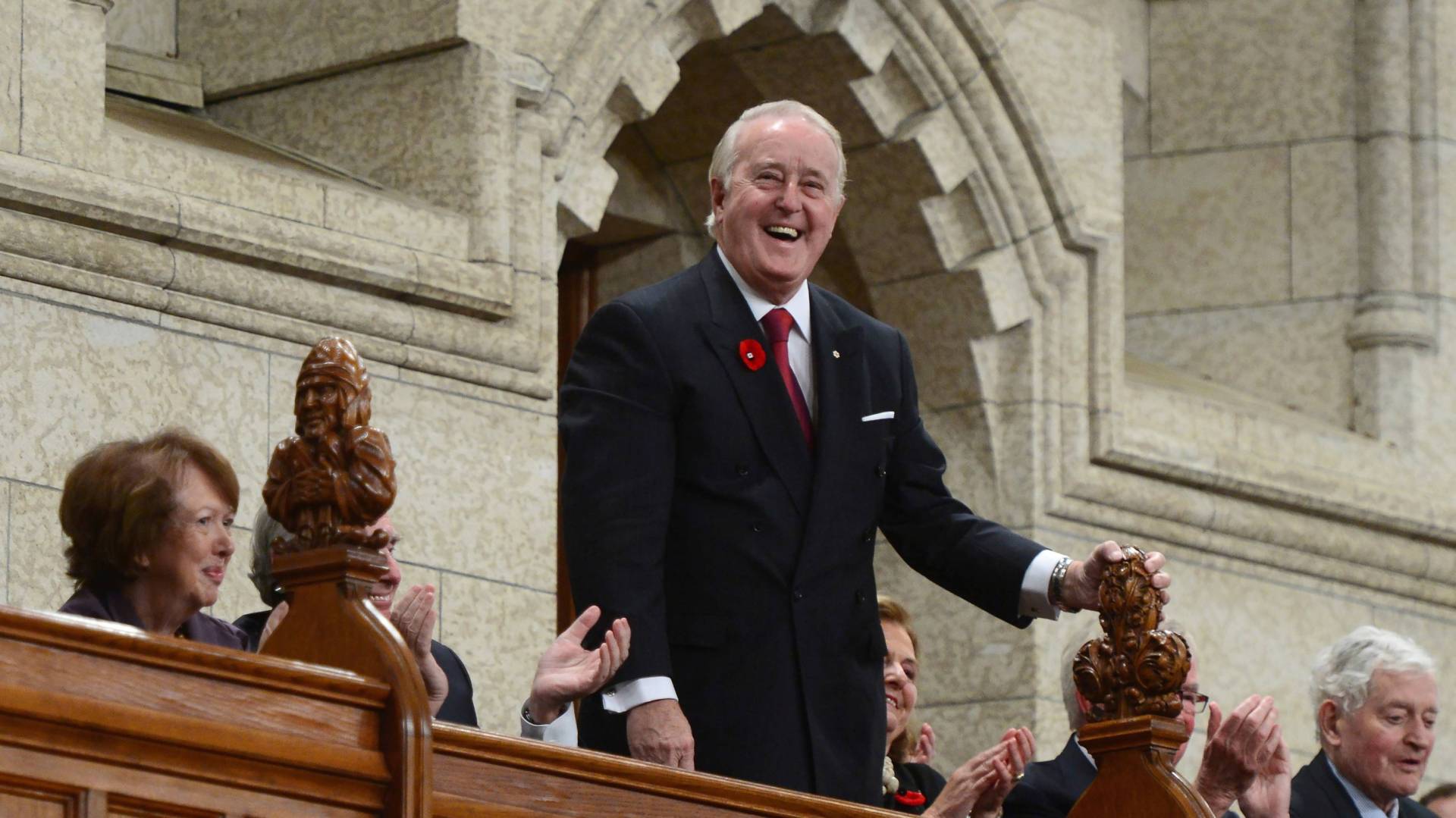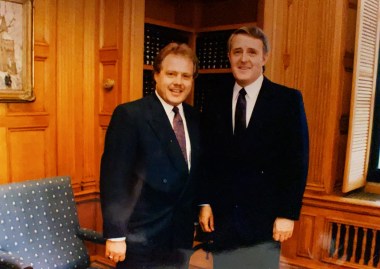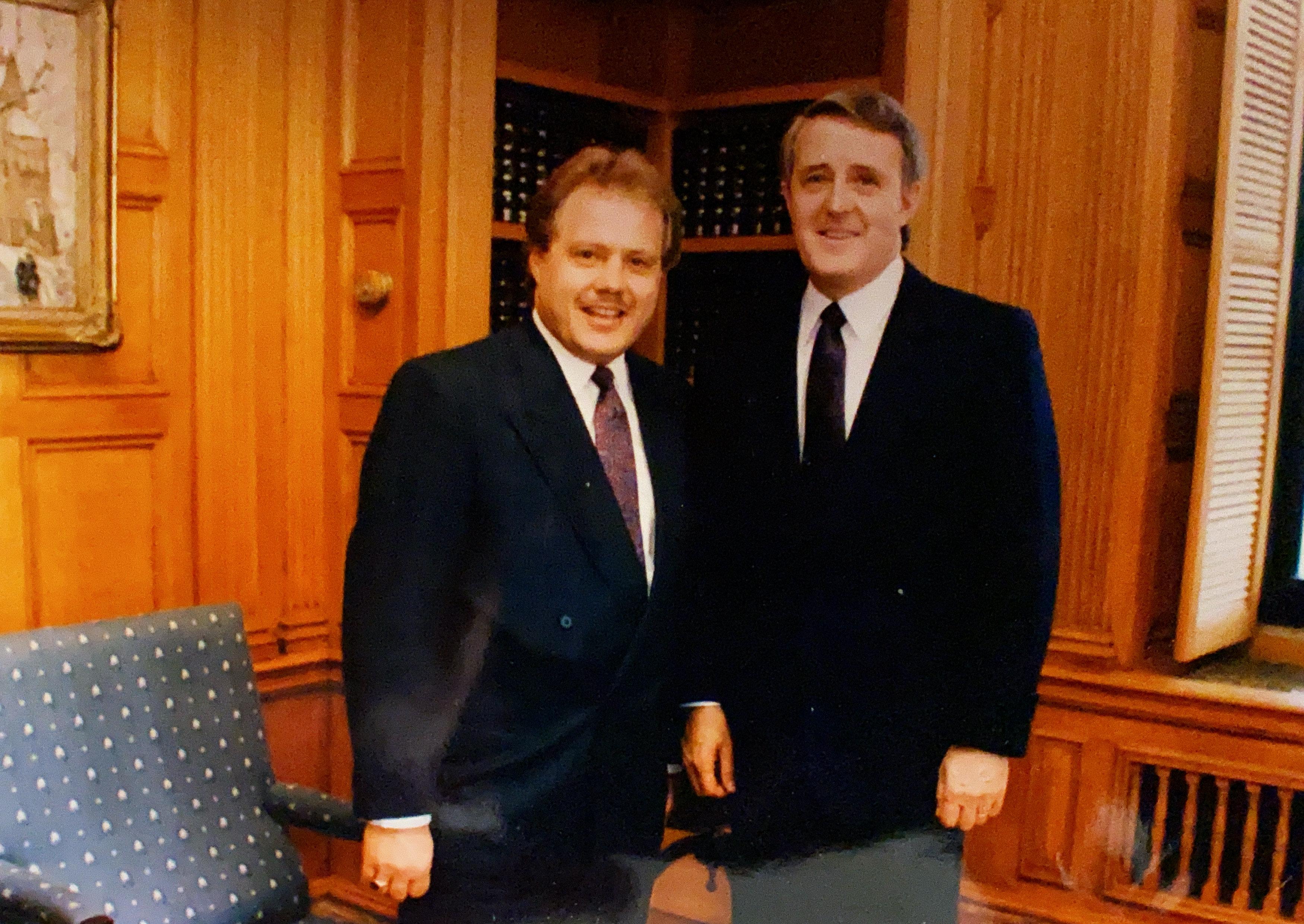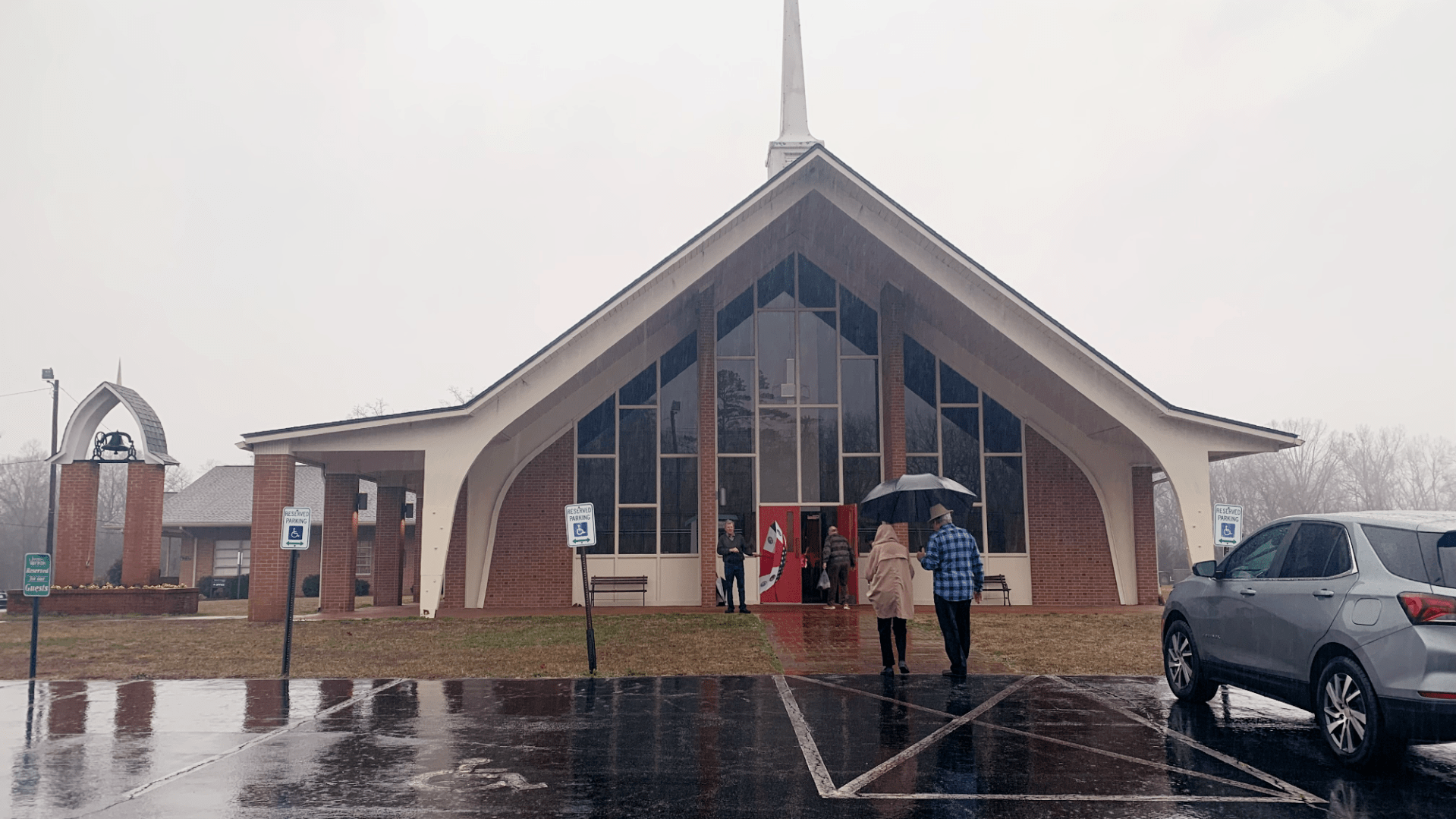State lawmakers in India are seeking to curtail evangelism with a ban on “magical healing” that could penalize Christians who offer prayer or any “non-scientific” practices to comfort people who are sick.
Last month, the northeastern state of Assam introduced the bill, which Christian leaders say unfairly targets their community’s custom of praying for the sick. Though church healing meetings in India have drawn people to Christ, local Christians insist that prayer is a legitimate, universal spiritual practice and not an unethical tool for conversion, as Hindu nationalists claimed.
The proposed ban, which passed the 126-member state assembly on February 26, states that:
No person shall take any part in healing practices and magical healing propagation for treatment of any diseases, any disorder or any condition relating to the health of a person (relating to human body) directly or indirectly giving a false impression of treatment to cure diseases, pain or trouble to the human health.
Any first-time offender can face one to three years in prison, a fine of 50,000 rupees (about $600 USD), or both. A subsequent conviction may result in up to five years’ imprisonment and/or a fine of 100,000 rupees (about $1,200 USD).
The bill must be ratified by the president of India to become an act. Assembly leaders in Assam say that the healing ban does not target any particular religion, but they were clear about their aims to restrict evangelism and conversion.
“We want to curb evangelism in Assam, so in that direction, the banning of healing … will be a very, very important milestone,” said Himanta Biswa Sarma, the chief minister of Assam. The state is governed by the Hindu nationalist Bharatiya Janata Party (BJP), the national ruling party of Prime Minister Narendra Modi.
“Healing is a very, very dicey subject, which is used to convert tribal people,” said Sarma. “We are going to pilot [this bill], because we believe that religious status quo is very important. Whoever is Muslim, let them be Muslims; whoever is Christian, let them be Christians; whoever is Hindu, let them be Hindus, so there can be a proper balance in our state.”
The bill has drawn flak from the Christian community and the opposition party.
The Assam Christian Forum (ACF), an umbrella body of all Christian churches in Assam, has spoken out against the ban as a violation of religious freedom and against lawmakers’ characterization of prayer as “magical healing.”
“Prayer is a universal practice across religions, used to invoke divine healing,” the forum stated. “Labeling it as magical healing oversimplifies the profound spiritual dimensions of faith and life.”
ACF clarified that Christian prayers for healing are acts of compassion, not conversion. According to the forum’s spokesman Allen Brooks, leaders are concerned that any prayer that may follow healing could be perceived as “a motive to convert the other person to Christianity,” in which case “everybody will go to jail.”
In the neighboring state of Nagaland, the Chakhesang Baptist Church Council criticized the Assam bill as wrongly banning Christian practices in a secular country. The council praised its own state for upholding the right to freedom of religion.
The council’s executive secretary, C. Cho-o, also objected to the term “magical healing” as dismissive of supernatural intervention. “Healing is the work of God, not the work of Christians,” he said. “So, when divine healing takes place, Christians cannot claim responsibility, nor can they be blamed for it!”
Officially called the Assam Healing (Prevention of Evil) Practices Bill, 2024, the proposed law would criminalize any “non-scientific healing practices with ulterior motives for exploiting the innocent people.”
Besides the punitive provisions, the bill empowers police “to enter and inspect any practices within the local limit of jurisdiction of such person where he has reason to believe that an offence under this Act has been or is likely to be committed.” It gives officers a free hand to seize any advertisement, record, or document as evidence.
Healing meetings are common in India and have drawn many people to Christ after they have personally experienced healing or have watched their loved ones recover. Local Christians can recount testimonies around the power of healing for the church. (They shared responses anonymously with CT out of security concerns.)
One leader saw how healings can be an entry point for the gospel, attracting people looking for an answer for their physical suffering.
“Signs and wonders abound, and many people come to know Jesus as healer first, and then as they walk with him as their Lord and Savior,” he said. “But to call this a conspiracy or magic would be belittling it. It definitely is not evil, but the grace of God.”
A convert shared how transformative healing ministries were for her in the three years since she began attending church.
“My family was surrounded with bouts of sicknesses and illnesses. Since I have begun to follow Christ and my family has joined me, we have gotten rid of the bondage of illness,” she told CT.
Hindu right-wing groups have for years alleged that Christian groups are engaging in unethical conversion tactics under the guise of “healing crusades” in India. They have accused Christians of promoting superstitious beliefs, making false claims about miraculous healings, and using deception to convert people, especially from economically disadvantaged communities, to Christianity.
The Organizer, a weekly publication associated with the BJP, ran a special report expressing that the Assam bill will thwart Christian missionaries from luring “villagers with magical healing” and will prevent them from converting tribals.
The Assam Tribal Christian Coordination Committee (ATCCC) has appealed to the government to review the bill, expressing concerns that its current wording could be misused to target the Christian community.
Like other local Christians, the ATCCC stated that the bill should not link “magic healing” with proselytization or conversion, as the Christian church aims to share Jesus’ teachings of love and peace.
The committee urged the chief minister to ensure the bill’s integrity and to maintain the secular principles of the country’s constitution while passing it, fearing that its current form could lead to more harm than good.
The Angami Baptist Church Council (ABCC) from Nagaland condemned the Assam bill as an attempt to target Christian humanitarian work by misleadingly equating divine healing with “magic” used for conversions. It stated Christian healing combines science and prayer, not magic.
The council urged the “sister states” of northeast India to promote peaceful coexistence instead of sowing division through such discriminatory laws.
A pastor in Guwahati, Assam’s largest city, believes that even if the ban is brought into action, it will not stand for long.
“In Assam, we have both tribals and non-tribals who will not obey the law that is being imposed in the state,” said Kamleshwar Baglary of Harvest Baptist Church.
He believes that migrants from other states are responsible for the recent political mayhem in Assam.
“Most of the people used by the Hindu fundamentalist organizations are paid workers to execute their plan in the state,” Baglary said. “They cannot rule in Assam with their ideologies.”
While responding to the bill, the ACF also expressed concern over demands by pro-Hindu, right-wing groups like Sanmilito Sanatan Samaj and Kutumba Surakshya Parishad, which have demanded that schools remove Christian symbols like statues of Jesus and Mary, alleging that the institutions are being used for religious conversion activities.
The situation has escalated with anti-Christian posters being pasted on the walls of several Christian schools, including Don Bosco School, St. Mary’s School, and Carmel School. These posters serve as an ultimatum to remove religious symbols within a specific timeframe. The Assam healing legislation has only added fuel to the fire.
Brooks, the ACF spokesman, has defended the schools as providing equal opportunities beyond caste, creed, and gender, and has clarified that ACF’s healing prayer services are not intended for conversion.
He argued that the new law unfairly targets the Christian community’s practices and undermines their long-standing service to the society of Assam. Christian missions have helped preserve the Assamese language and have established educational institutions that have produced many notable figures, including former chief ministers and chief justices.
“Our destiny as a nation lies in our diversity, while respecting each other’s individuality,” he said.











































